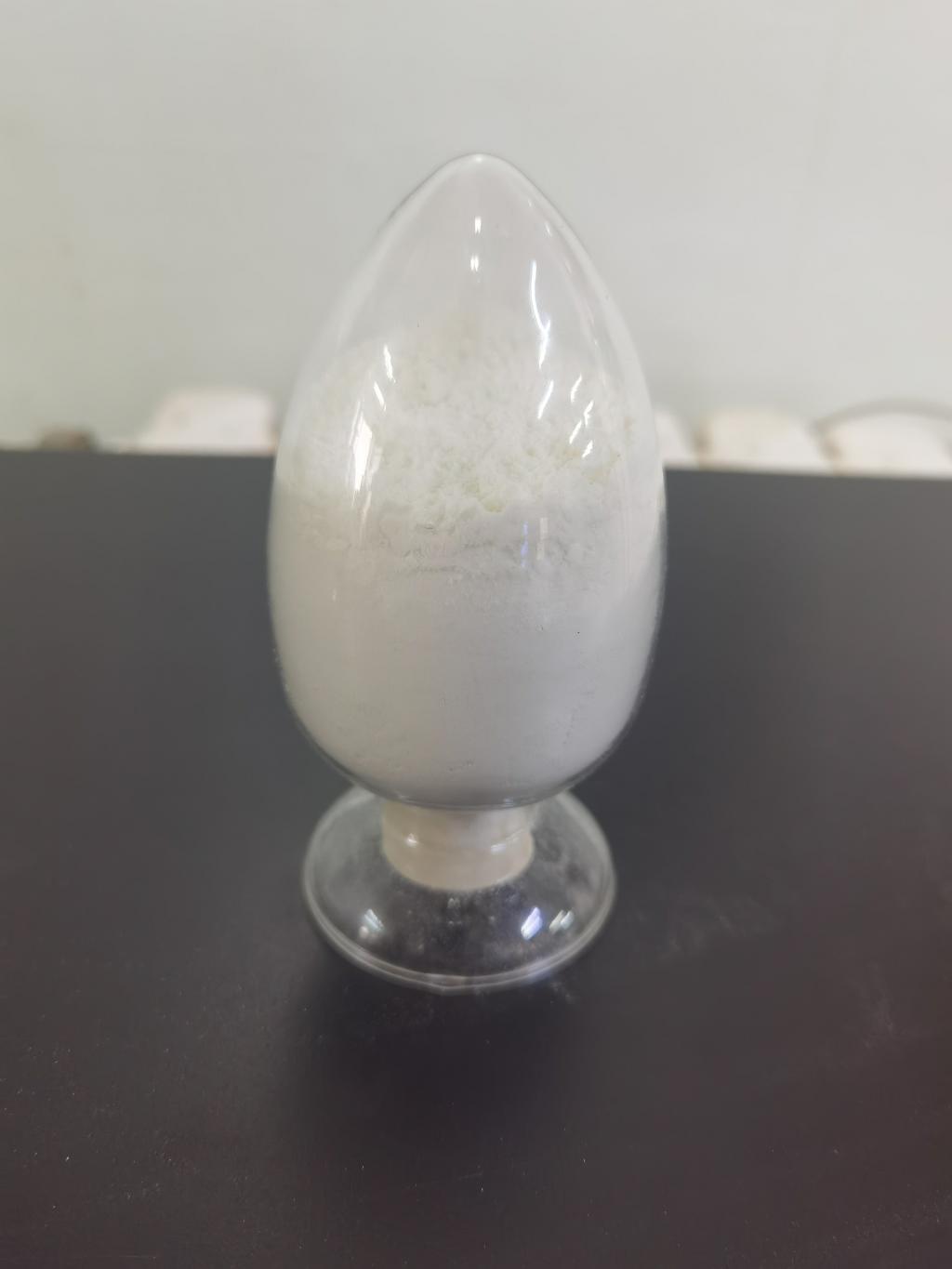Tel:+8618231198596

News
 CONTACT
CONTACT
 CONTACT
CONTACT
- Linkman:Linda Yao
- Tel: +8618231198596
- Email:linda.yao@dcpharma.cn
- Linkman:CHARLES.WANG
- Department:Overseas
- Tel: 0086 0311-85537378 0086 0311-85539701
News
How ε-Polylysine hydrochloride contributes to reducing food spoilage in the retail sector.
TIME:2024-10-14
ε-Polylysine Hydrochloride: An Overview
ε-Polylysine hydrochloride is a naturally occurring cationic homopolymer of L-lysine, produced through fermentation by certain strains of Streptomyces albulus. It is recognized for its potent antimicrobial properties, particularly against Gram-positive bacteria, yeasts, and molds. ε-PL works by disrupting the cell membranes of microorganisms, leading to leakage of cellular contents and cell death. Its effectiveness, combined with its heat stability, water solubility, and low toxicity, makes it a suitable preservative for a wide range of food applications.
Applications in the Retail Sector
Fresh Produce:
Fresh fruits and vegetables are highly perishable and can be susceptible to microbial spoilage, which can lead to rapid deterioration and loss of quality. ε-PL can be applied as a post-harvest treatment or incorporated into packaging materials to extend the shelf life of fresh produce.
Studies have shown that ε-PL can effectively inhibit the growth of spoilage organisms such as Botrytis cinerea (gray mold) and Penicillium expansum (blue mold), thereby reducing the incidence of rot and maintaining the freshness of fruits and vegetables on retail shelves.
Dairy Products:
Dairy products, including milk, yogurt, and soft cheeses, are prone to spoilage due to the presence of lactic acid bacteria and other microorganisms. ε-PL can be added to these products to control bacterial growth and prevent off-flavors and textures.
Research indicates that ε-PL can significantly reduce the levels of spoilage bacteria without affecting the beneficial cultures, ensuring that dairy products remain fresh and safe for a longer period.
Meat and Poultry:
Meat and poultry products are highly sensitive to microbial contamination, which can lead to foodborne illnesses and product recalls. ε-PL can be used in marinades, brines, or as a surface treatment to inhibit the growth of pathogens like Listeria monocytogenes and Salmonella.
By incorporating ε-PL, retailers can provide consumers with safer meat and poultry products that have an extended shelf life, reducing the risk of spoilage and improving consumer confidence.
Bakery and Confectionery:
Bakery items, such as bread, pastries, and cakes, can suffer from mold growth, especially in humid conditions. ε-PL can be integrated into the dough or batter, or applied as a coating, to protect against fungal spoilage.
The use of ε-PL in bakery and confectionery products has been shown to delay the onset of mold growth, thus extending the shelf life and maintaining the freshness and appeal of these items on retail shelves.
Ready-to-Eat Meals:
Ready-to-eat (RTE) meals, including salads, sandwiches, and prepared dishes, are convenient but often have a short shelf life due to their high moisture content and diverse ingredients. ε-PL can be used in the preparation of these meals to control the growth of both pathogenic and spoilage microorganisms.
By incorporating ε-PL, retailers can offer RTE meals with an extended shelf life, reducing the frequency of restocking and minimizing waste.
Regulatory and Safety Considerations
ε-Polylysine hydrochloride is approved for use in food by several regulatory agencies, including the U.S. Food and Drug Administration (FDA) and the European Food Safety Authority (EFSA). It is generally recognized as safe (GRAS) and is listed as a food additive (E235) in the European Union. Its natural origin and favorable safety profile make it an attractive option for retailers who are committed to using clean-label ingredients. Adhering to established usage levels and guidelines is crucial to ensure the product remains safe and compliant with local regulations.
Consumer Acceptance
In the retail sector, consumer acceptance is a key factor. ε-PL's natural derivation and minimal impact on the sensory qualities of food products align well with the growing demand for natural and minimally processed foods. Transparent labeling and clear communication about the benefits of ε-PL, such as enhanced food safety and reduced reliance on synthetic preservatives, can help build trust and acceptance among health-conscious consumers.
Economic and Environmental Impact
Reducing food spoilage through the use of ε-PL can have significant economic and environmental benefits. By extending the shelf life of food products, retailers can:
Minimize waste and associated disposal costs.
Reduce the frequency of restocking, leading to lower transportation and energy costs.
Enhance the overall sustainability of their operations by decreasing the carbon footprint associated with food production and distribution.
Conclusion
ε-Polylysine hydrochloride offers a powerful and natural solution for reducing food spoilage in the retail sector. Its broad-spectrum antimicrobial activity, combined with its safety and minimal impact on food quality, makes it a valuable tool for retailers. As research continues to explore its applications and optimize its use, ε-PL is poised to play an increasingly important role in the retail food industry, supporting the production of high-quality, safe, and sustainable food products that meet the demands of today's discerning consumers. By adopting ε-PL, retailers can not only improve their bottom line but also contribute to a more sustainable and responsible food system.
- Tel:+8618231198596
- Whatsapp:18231198596
- Chat With Skype







